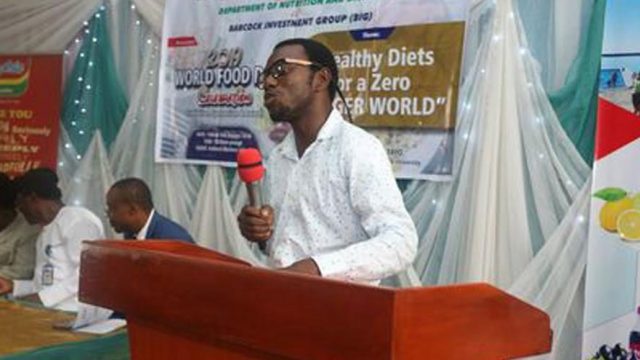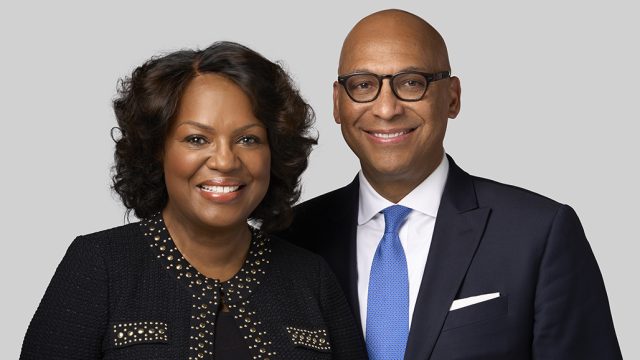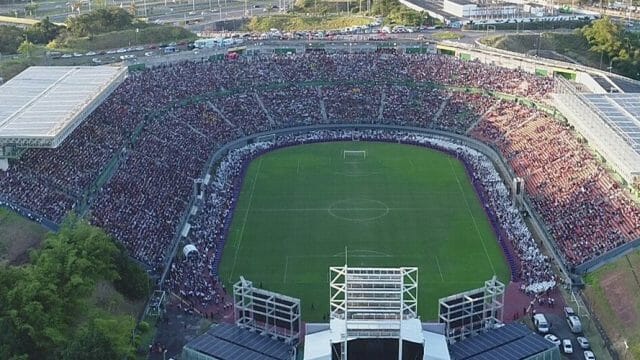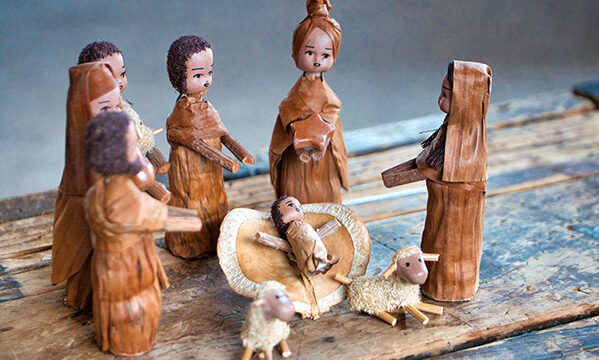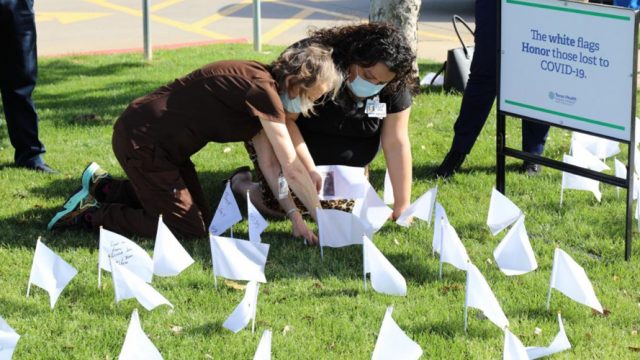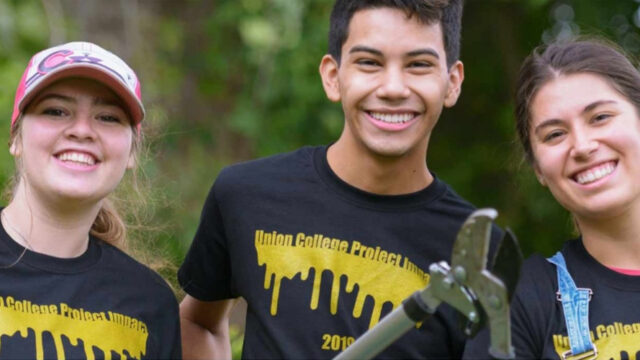E. G. White Estate’s Alberto Timm shares about his recent distressing night during a cyclone in Mozambique.
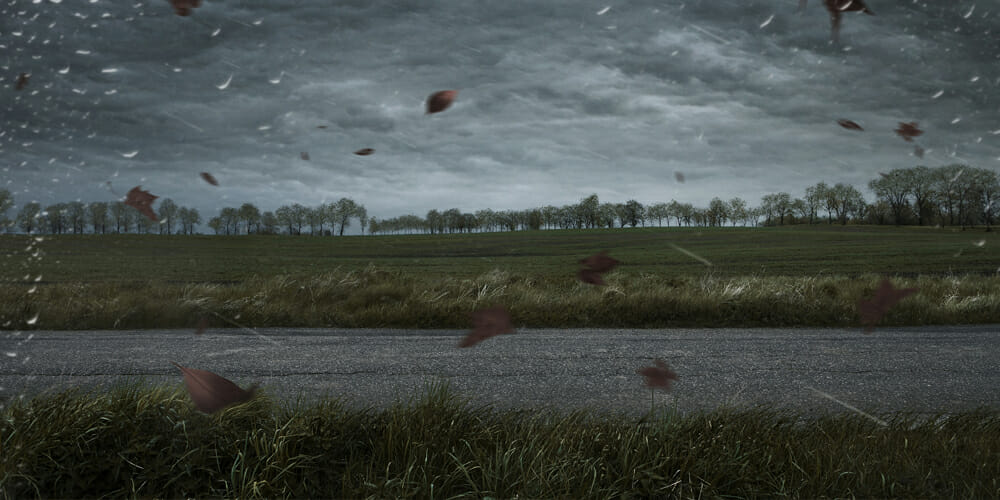
On March 14, 2019, Cyclone Idai made landfall on the Indian Ocean coastal city of Beira, Mozambique. The Seventh-day Adventist Church’s E. G. White Estate associate director Alberto Timm and several colleagues were staying at a hotel near Mozambique Adventist University, as they were participating in a Bible conference with hundreds of attendees. A few days ago, Adventist Review executive editor Bill Knott interviewed Timm about his harrowing experience and how God protected them from serious injury or death.—Editors
Bill Knott: A few days ago you had one of the most difficult days of your life while you were in Mozambique. How did you happen to be in that country?
Alberto Timm: I was participating in an international Bible conference in Angola. Then my colleagues and I flew to Mozambique for another Bible conference. The opening day of the event [March 13, 2019] the weather was nice, sunny, and quiet. The next morning we were told a storm was on its way, but we never imagined how bad it would be.
BK: Some reports have indicated that the cyclone actually circled a second time and came back into the city where you were staying. Is that correct?
AT: I wasn’t able to check that fact because at the hotel we were staying we lost all means of communication. But some friends told me that the cyclone reached the bay area and then went back to the ocean. And then it came back with high speed. It was something unusual.
BK: When did you lose communications?
AT: On Thursday [March 14] we lost electric power and did not recover it before we left. That Thursday night I still was able to send and receive emails on my cell phone.
BK: I’ve never been near the center of a cyclone. What was the wind like?
AT: A strong wind started to blow on Thursday afternoon. It was a wind coming from the side, not from the ocean. But then that night, when we had already lost power and communication, the wind changed and started to blow from the ocean.
BK: Was that wind from the ocean much more intense?
AT: Yes. Early morning on Friday was the worst part, as the wind blew directly from the ocean to our room balcony glass doors. To me, the wind sounded like a troop of lions roaring with a deep, mysterious sound.
BK: So how many of you were in this facility when the cyclone arrived?
AT: We were five, two of us in the block most affected. And some windows began to break due to the violence of the wind. In our room, we pile up desks and any piece of furniture we could get hold of against our glass windows, something that prevented our windows from breaking.
BK: You were facing right toward the ocean.
AT: Yes. And here comes the miracle. The forecast said that there would be 20-feet-high [6-meter-high] waves. There was no way to stop them because just a small mound separated our hotel from the ocean. It was pitch dark, and we couldn’t see a thing because we had lost power. But early in the morning, when the sun came, we saw the place was not flooded.
BK: So the big ocean surge didn’t hit there?
AT: Correct. The rest of the forecast was right. There was widespread flooding, though not specifically there at our hotel.
BK: The Bible conference itself was canceled.
AT: Yes. The hundreds of people attending the event had to return and go home. The government had sent out a warning, telling all schools to close and all students to find shelter.
BK: I saw some pictures which showed quite a bit of damage.
AT: The view from our hotel was unbelievable. Metal roof sheets have been flying during the night. These are very dangerous; they are like flying knives, and they can kill you. At the Adventist university, roofs were destroyed, and several huge trees on campus fell on the roofs and damaged buildings. The school campus is ruined.
BK: Well, I heard that the world church is considering to help, making some appropriation to help rebuild the campus.
AT: Yes, I think it’s the only way forward for them. The worst thing is that when the current university president arrived, he found out that some students were eating only one meal a day. Thanks to hard work, he was able to help them eat two meals and then three meals a day. But now the problem is not only the infrastructure but also the plantation destruction. The problem is where to get food since even many supermarkets were destroyed.
BK: I know many people around the world were praying for your colleagues and you individually.
AT: I know. My last communication was around midnight Thursday, telling my wife, “Please pray for us because only a miracle can save us.”
BK: I read that note too. It even mentions something about being in a bathroom with a mattress.
AT: Yes. What was very helpful is that a friend gave us a note on how to survive cyclones. He told us to wear some comfortable walking shoes and place your documents in a plastic bag. And then find shelter. You cannot go outside. If you open the door, the glass door could break and the room collapse, or the wind could take you. Near the hotel, there was an apartment container, with a family living inside. The container is made out of steel and heavy, but it ended up pushed against surrounding cement walls, tossed to and fro by the wind with the family still inside.
BK: Did you get word back that people were praying for you while you were there?
AT: Not really. Just a few messages. Now, going back to that night, the advice was to hide in the bathroom. I used the two mattresses in the room to protect me. It was pitch dark. I had my cell phone, but I used it sparingly because I was trying to save the battery.
BK: It sounds like a terrifying night on many levels.
AT: Yes. I was so exhausted, as I was trying to hold the furniture because the furniture itself was not enough to keep the glass window in place.
BK: We’re all very grateful that you’re back home safe.
AT: And I am so thankful because it was a miracle. The glass doors didn’t break. The huge waves forecast never came through. I thank God for His protection.


